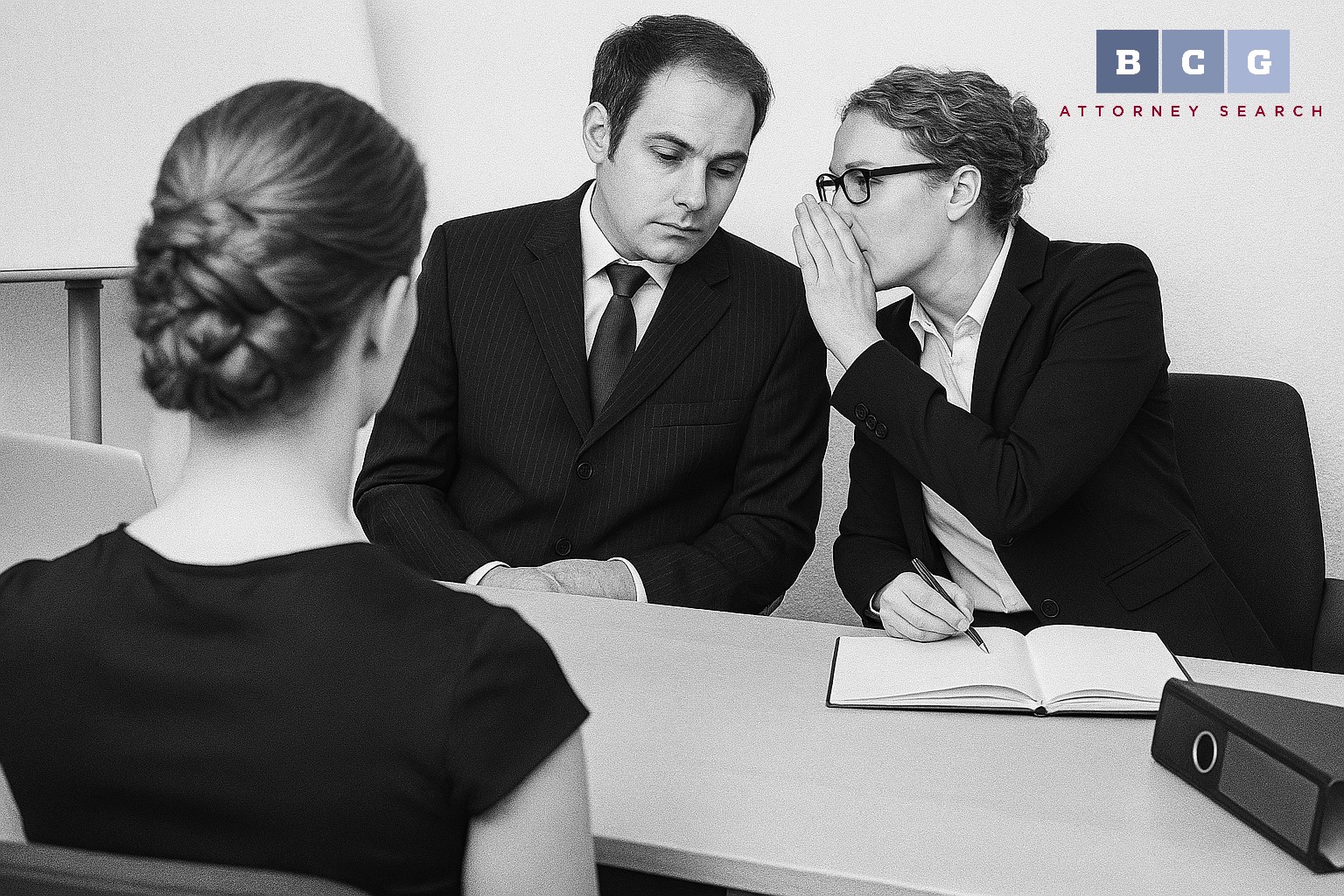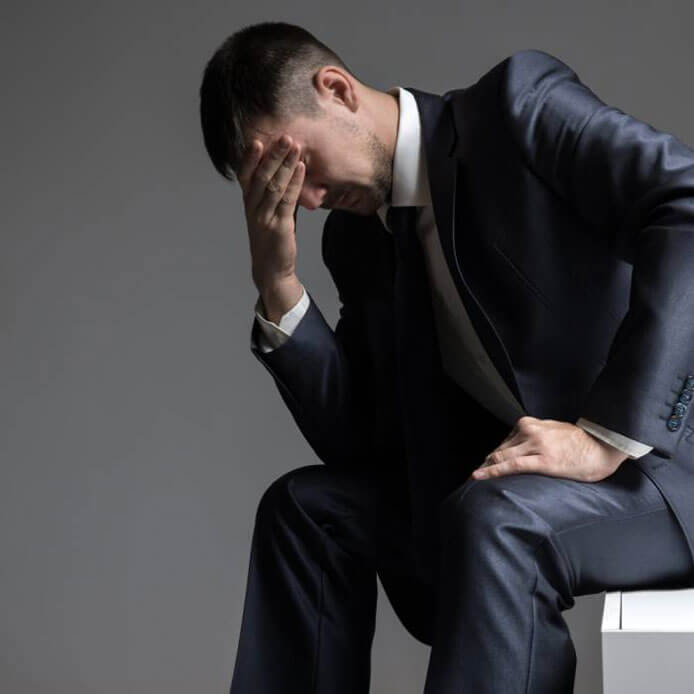The U.S. Supreme Court’s conservative majority dealt a blow to LGBT rights by granting certain businesses the ability to refuse services for same-sex weddings. The 6-3 decision, split along ideological lines, has sparked heated debate and raised concerns about the potential erosion of anti-discrimination laws.
The case centered around Denver-area web designer Lorie Smith, who cited her Christian beliefs against gay marriage as grounds for challenging a Colorado anti-discrimination law. Smith, who operates a business called 303 Creative, argued that providing services for same-sex weddings violated her constitutional right to free speech.
The Supreme Court justices overturned a lower court’s ruling that had rejected Smith’s request for an exemption from Colorado’s law prohibiting discrimination based on sexual orientation and other factors. In the majority opinion, penned by conservative Justice Neil Gorsuch, it was argued that forcing Smith to create speech that conflicted with her beliefs would violate the First Amendment of the U.S. Constitution.
Gorsuch wrote, “Were the rule otherwise, the better the artist, the finer the writer, the more unique his talent, the more easily his voice could be conscripted to disseminate the government’s preferred messages. That would not respect the First Amendment; more nearly, it would spell its demise.”
However, the court’s three liberal justices strongly dissented. In her dissenting opinion, Justice Sonia Sotomayor expressed concern that granting businesses the constitutional right to refuse service to protected classes would perpetuate discrimination and establish a second-class status for gays and lesbians.
Sotomayor stated, “Today, the Court, for the first time in its history, grants a business open to the public a constitutional right to refuse to serve members of a protected class.” She further argued that the ruling could inflict both symbolic and practical harm on same-sex couples seeking equal treatment.
The decision comes at a time when Republican legislators in conservative-leaning states are pursuing laws targeting the rights of transgender and other LGBT individuals. This ruling may embolden further efforts to curtail LGBT rights and protections.
Critics of the decision fear that it weakens the longstanding laws that safeguard individuals against discrimination in public accommodations, extending beyond the realm of LGBT rights. President Joe Biden, a Democrat, expressed his disappointment with the ruling, emphasizing the importance of equal treatment for all Americans.
“In America, no person should face discrimination simply because of who they are or who they love,” Biden remarked in a statement. He voiced concerns about potential repercussions, saying, “More broadly, today’s decision weakens long-standing laws that protect all Americans against discrimination in public accommodations – including people of color, people with disabilities, people of faith, and women.”
This ruling marks a departure from previous Supreme Court decisions that have supported LGBT rights. In 2015, the court legalized same-sex marriage nationwide, and in 2020, it affirmed that a federal law prohibiting workplace discrimination extends to gay and transgender employees.
The implications of this ruling extend far beyond the immediate case at hand, with many fearing that it sets a dangerous precedent for future challenges to anti-discrimination laws. The battle between the protection of civil rights and the freedom of speech and religion continues to be fiercely debated, as the court’s ideological composition undergoes significant change.
As the nation grapples with the implications of this ruling, it remains to be seen how it will impact the ongoing struggle for equal rights and protections for the LGBT community. Advocates for equality vow to continue their fight, emphasizing the importance of comprehensive anti-discrimination laws that ensure fair treatment for all individuals, regardless of sexual orientation or gender identity.
Don’t be a silent ninja! Let us know your thoughts in the comment section below.
















































